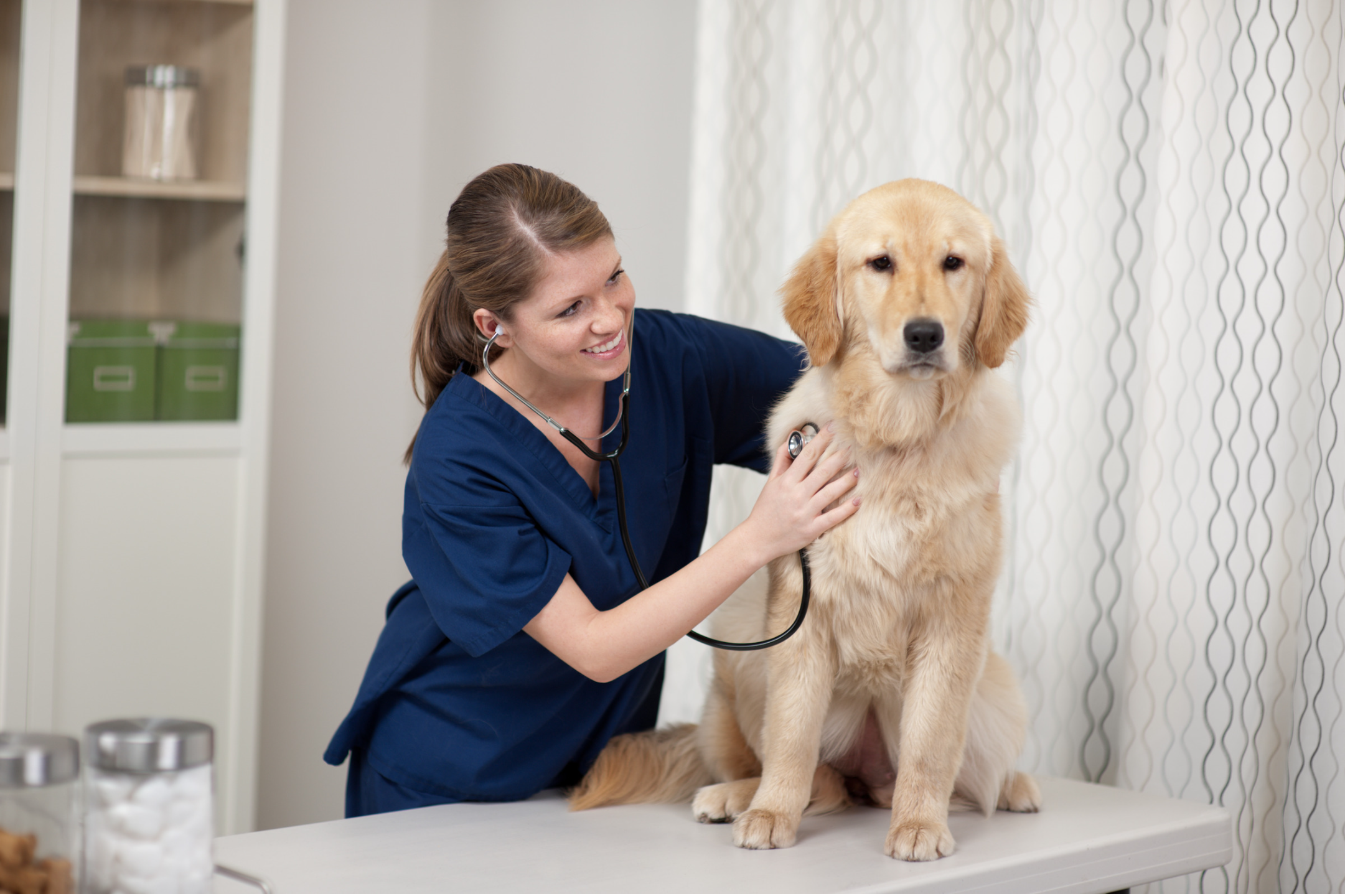If you’re a dog owner, you’ve probably asked “how to make my dog poop” at least once in your life. One of the biggest challenges you’ll face is your dog’s bowel movements. Whether your furry friend is dealing with constipation or diarrhea, it’s important to know how to properly care for them to ensure their overall health and happiness.
This blog post will focus dog constipation and how to help your dog poop. We’ll explore the causes of constipation, signs and symptoms to look for, and practical steps you can take to relieve your dog’s discomfort and get their digestive system moving again.
What Causes Constipation in Dogs?
Constipation is a common issue for dogs, and it can have a variety of causes. Some of the most common causes of constipation in dogs include:
- Dehydration: When your dog is not getting enough water, their body will try to conserve what they have by absorbing more water from their stool. This can result in hard, dry stools that are difficult to pass.
- Lack of fiber: A low-fiber diet can also lead to constipation in dogs. Fiber helps to add bulk to the stool, making it easier to pass.
- Ingesting foreign objects: Dogs are notorious for eating things they shouldn’t, and these objects can sometimes cause a blockage in their digestive tract, leading to constipation.
- Medical conditions: Certain conditions can also cause constipation in dogs, including anal gland problems, hormonal imbalances, and neurological issues.
Signs and Symptoms of Constipation in Dogs
It’s crucial to recognize the signs and symptoms of constipation in your dog so that you can take action to help them. Some of the most common signs of constipation in dogs include:
- Straining to poop: If your dog has trouble passing stool or is straining excessively, this could be a sign of constipation.
- Infrequent bowel movements: If your dog is not having regular bowel movements or is going longer than usual between bowel movements, this could be a sign of constipation.
- Dry, hard stools: Constipated dogs often have dry, hard, and difficult stools to pass.
- Lethargy: Constipation can make your dog uncomfortable and sluggish, and they may be less interested in their usual activities.
How to Make Your Dog Poop
If you suspect that your dog is constipated, there are several steps you can take to help them poop. Here are some practical tips to get your dog’s digestive system moving again:
- Increase Water Intake: Ensure your dog can always access fresh water. If your dog is not drinking enough water, try adding a little bit of low-sodium chicken broth to their water to make it more enticing.
- Add Fiber to Their Diet: Adding a bit of fiber to your dog’s diet can help soften their stools and make them easier to pass. You can add canned pumpkin (not pumpkin pie filling) or a bit of cooked sweet potato to their meals.
- Exercise: Regular exercise can help stimulate your dog’s digestive system and encourage bowel movements. Take your dog for a walk or play some fetch to get things moving.
- Massage: Massaging your dog’s abdomen can help stimulate their digestive system and promote bowel movements. Use gentle, circular motions around their belly button area.
- Offer Probiotics: Probiotics are beneficial bacteria that can help support your dog’s digestive system. You can find probiotics specifically designed for dogs at most pet stores.
- Use Laxatives: Sometimes, you may need a laxative to help your dog poop. Talk to your veterinarian about which laxative is appropriate for your dog.
When to Bring Your Dog to the Vet

One of the first things to consider when deciding whether to bring your dog to the vet for constipation is the duration and severity of the issue. If your dog has only been constipated for a day or two and appears otherwise healthy, you may want to monitor them closely and try home remedies to alleviate the issue. However, if your dog has been constipated for several days, appears uncomfortable or in pain, or exhibits other concerning symptoms such as vomiting or loss of appetite, it’s essential to seek veterinary attention immediately.
Another vital factor to consider is whether your dog has a history of constipation or other gastrointestinal issues. If your dog has a history of chronic constipation or has experienced recurrent gastrointestinal problems, it’s essential to seek veterinary attention as soon as possible, even if the symptoms seem mild. This is because underlying medical conditions or other issues may be causing constipation, and prompt diagnosis and treatment are essential to your dog’s health.
In addition, it’s essential to be aware of your dog’s age and overall health. Senior dogs are more susceptible to constipation and other gastrointestinal issues and may require more frequent veterinary check-ups to monitor their health. Similarly, dogs with pre-existing medical conditions like diabetes or kidney disease may require more frequent monitoring and veterinary attention.
Ultimately, it’s important to trust your instincts and seek veterinary attention if you are concerned about your dog’s health. Constipation may seem minor, but it can quickly become a more serious problem if left untreated. Your veterinarian will be able to perform a thorough examination, including a physical exam and potentially some diagnostic tests, to determine the underlying cause of constipation and recommend an appropriate course of treatment.
In Summary
In conclusion, while mild constipation may be treated with home remedies if your dog is experiencing severe or prolonged constipation or exhibits other concerning symptoms, it’s crucial to seek veterinary attention immediately. By being aware of your dog’s overall health, monitoring for signs of constipation, and seeking prompt veterinary attention when necessary, you can help ensure your furry friend stays happy and healthy for years.















